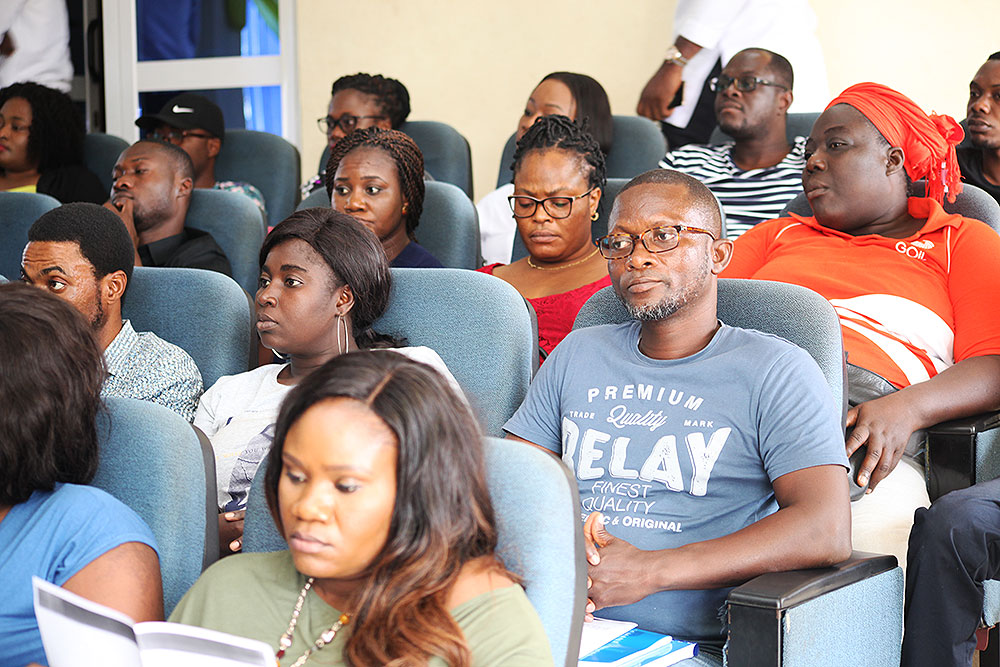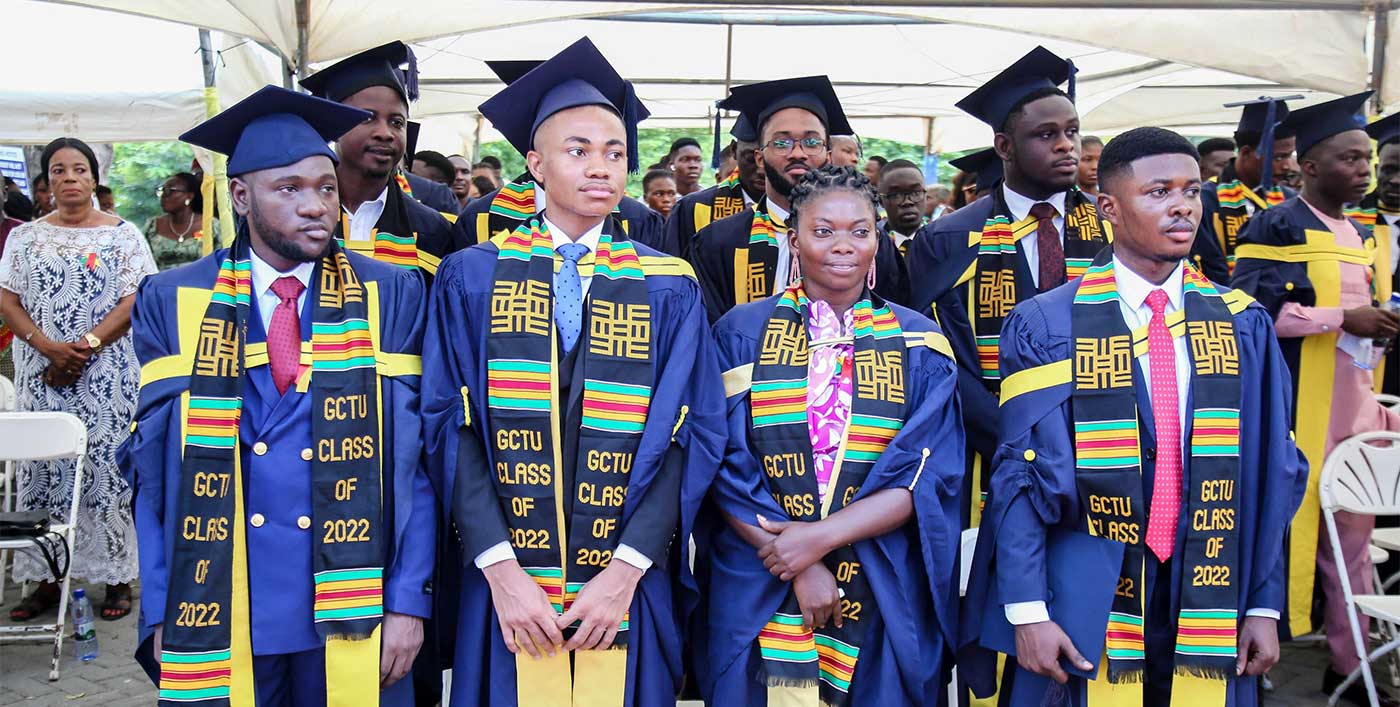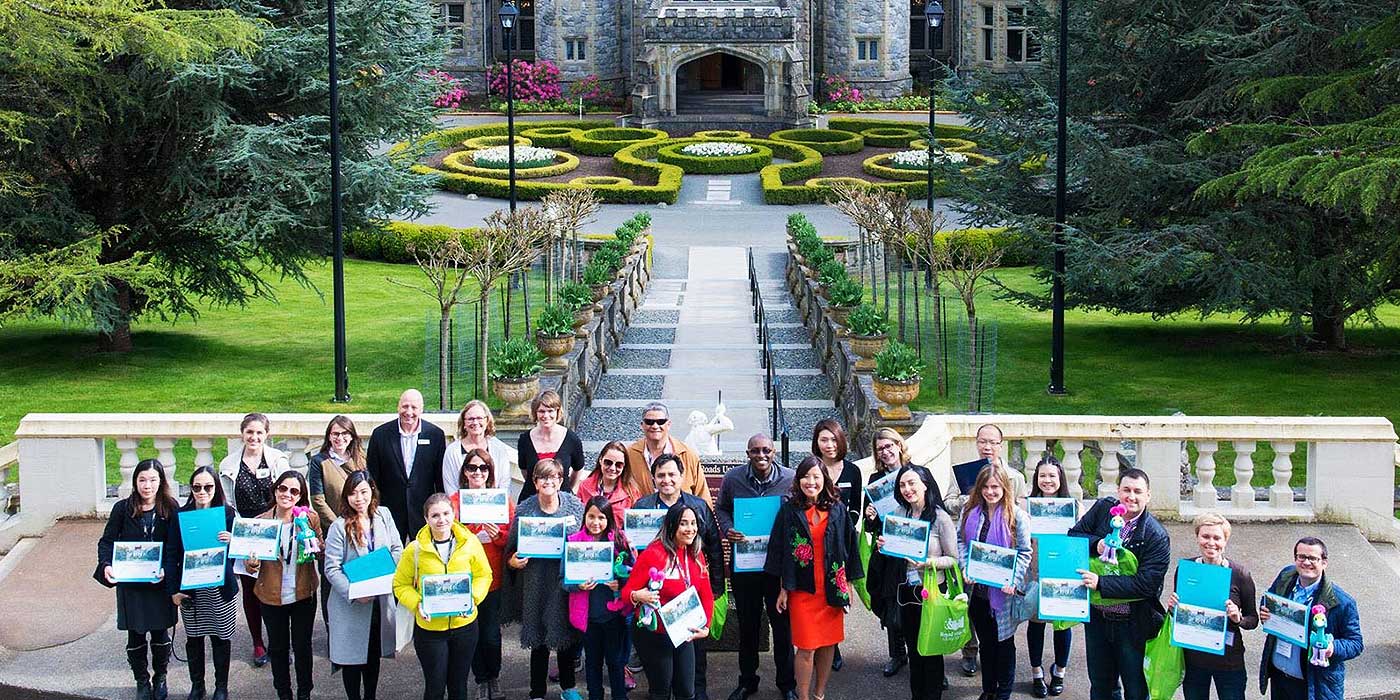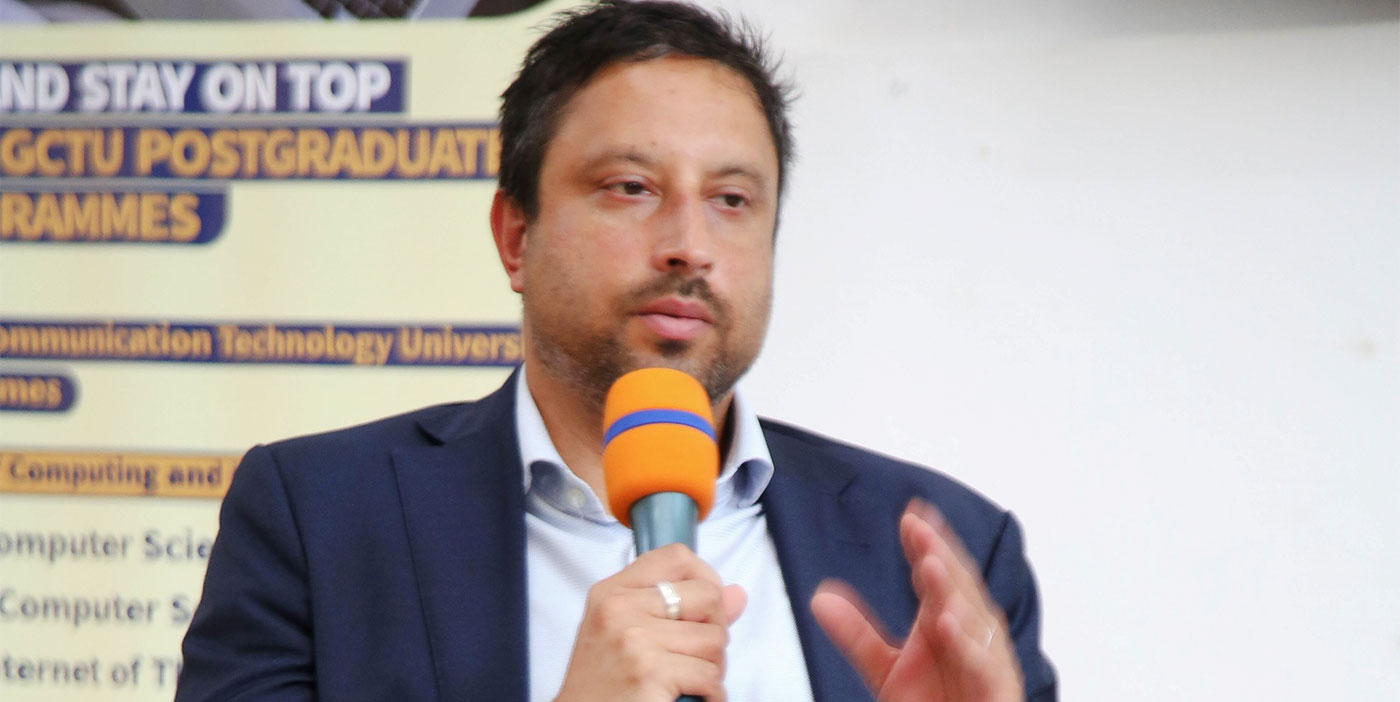
“A number of myths pervade the way we think about technology and the way we think about cybersecurity,” said Ambassador Brendan Dowling, the Australian Ambassador for Cyber and Critical Technologies.
Speaking at a panel discussion organized by the Faculty of Computing and Information Systems at GCTU, in collaboration with the Australian High Commission in Ghana, on December 1, 2023, the Ambassador emphasized the need to dispel stereotypes hindering the full participation of women in technology and cybersecurity.
Ambassador Dowling highlighted the first myth, stating, “The first myth is that men or boys are somehow more equipped or more naturally prepared to work in cybersecurity or technical professions.” He pointed out that this misconception contributes to the alarming statistic that only 10% of the global cybersecurity workforce comprises women. Dowling stressed that recognizing gender as a crucial factor in technology development is essential. He urged the audience to move beyond the outdated notion that cybersecurity is solely a technical skill and emphasized the need to foster an inclusive environment for women in technology roles.
The Ambassador further discussed the potential benefits of technology for women and girls globally. While acknowledging the positive impact of technology, he expressed concern over the misuse of digital platforms, particularly in online abuse targeted at women.
Dowling underscored the importance of making online spaces safer for women and the need for global technology platforms to take more significant measures in addressing online abuse. Drawing on real-world examples, he shared insights from a cyber attack in Australia that resulted in severe consequences for women whose personal information was exposed online, leading to physical abuse and threats.
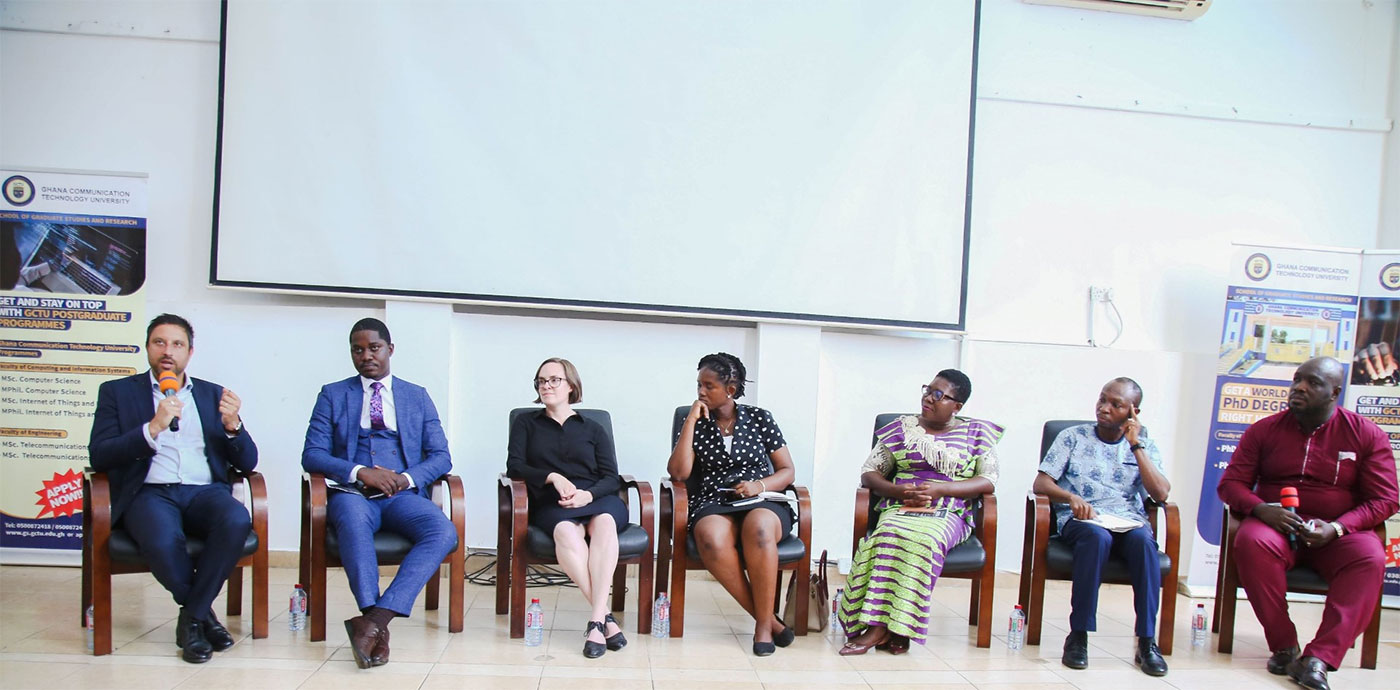
As the discussion extended to the realm of artificial intelligence (AI), Ambassador Dowling highlighted the biases inherent in AI systems, reflecting existing societal inequalities. He emphasized the urgency of addressing these biases to prevent new technologies from entrenching existing divides. Dowling encouraged active efforts from individuals and governments to promote inclusivity in technology development, urging a conscious decision to ensure gender considerations are incorporated.
He expressed optimism about the ongoing conversations on gender diversity in technology and cybersecurity, highlighting the importance of collective efforts in effecting positive change.
The panel discussion, themed “Cyber Preparedness in the 4th and 5th Industrial Revolutions: A Gender-Based Perspective,” brought together experts from various sectors, including the corporate world, sector regulators, law enforcement, and academia, providing a comprehensive examination of the challenges and opportunities for women in the rapidly evolving landscape of technology and cybersecurity.
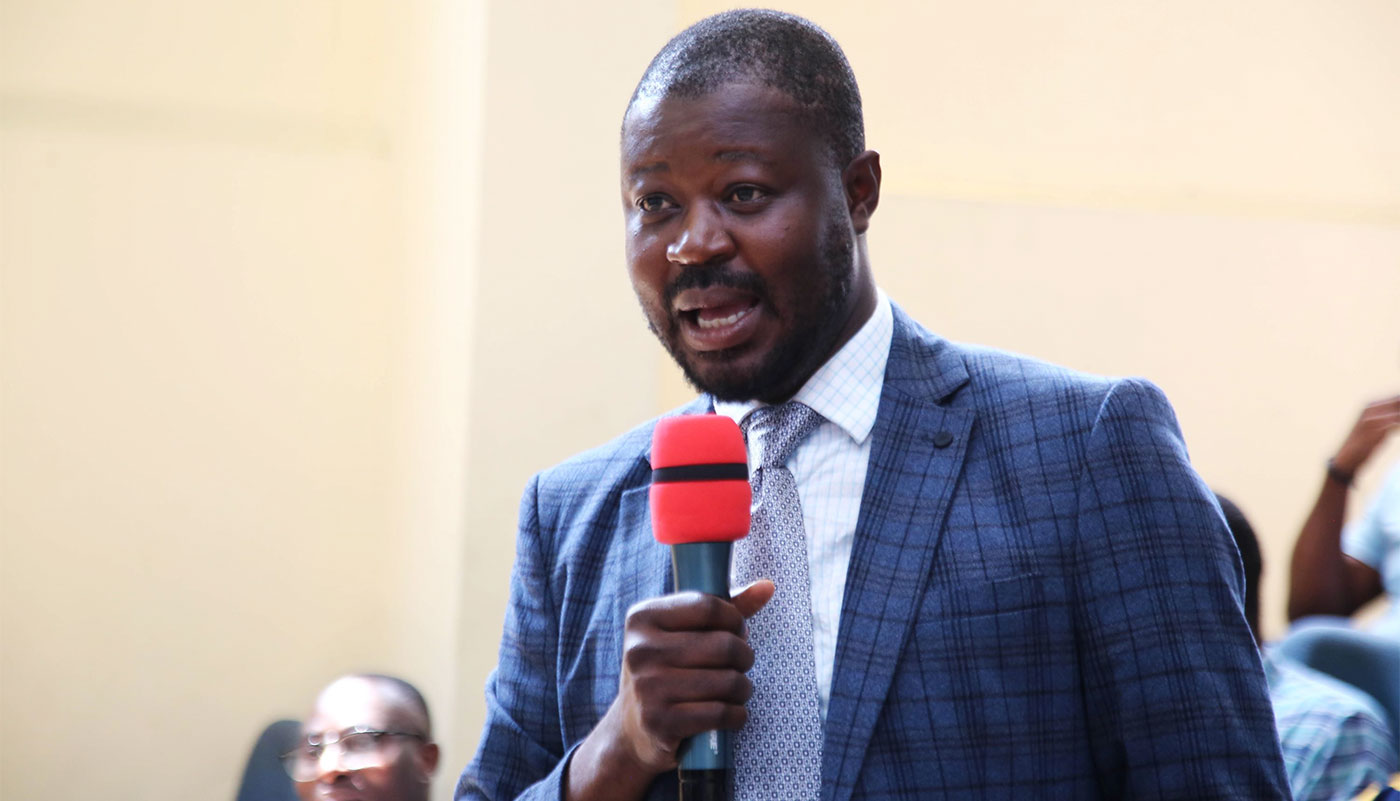
Solomon Atta Owusu Manteaw, Chief Information Security Officer at Stanbic Bank Ghana, emphasized the importance of women’s involvement in cybersecurity. Reflecting on his own experiences, he highlighted the strides made in the banking industry but underscored the need for greater gender balance.
He shared examples of successful women in his team, encouraging female students to consider careers in cybersecurity. Manteaw stressed that the industry is evolving, with cyber threats demanding diverse skills. He acknowledged the progress made in encouraging women to pursue STEM programmes and affirmed the potential for women to excel in cybersecurity roles. He urged businesses to be more inclusive and emphasized the value of diverse perspectives in tackling cybersecurity challenges.
Dr. Millicent Akotam Agangiba, Head of Department of Information Technology at UPSA and Gender/Disability Advocate, emphasized the significance of increasing women’s participation in cybersecurity, given the current global workforce representation of 10%.
While acknowledging the projected rise to 30% by 2025, Dr. Agangiba advocated for a more ambitious goal of 60%. Addressing the critical nature of cybersecurity, she stressed the need for deliberate policies to regulate online safety.
Michelle Hughes from the Cyber and Critical Technologies unit in Australia highlighted their cybersecurity capacity-building programmes with a focus on gender equality, technical service security training, and strategies to counter online treats.
Detective Lance Corporal Gwendolyn Abbey of the Ghana Police Service’s Cybercrime and Intelligence Unit shared her experiences as the first female digital forensic expert, encouraging more women to pursue cybersecurity, particularly in digital forensics.
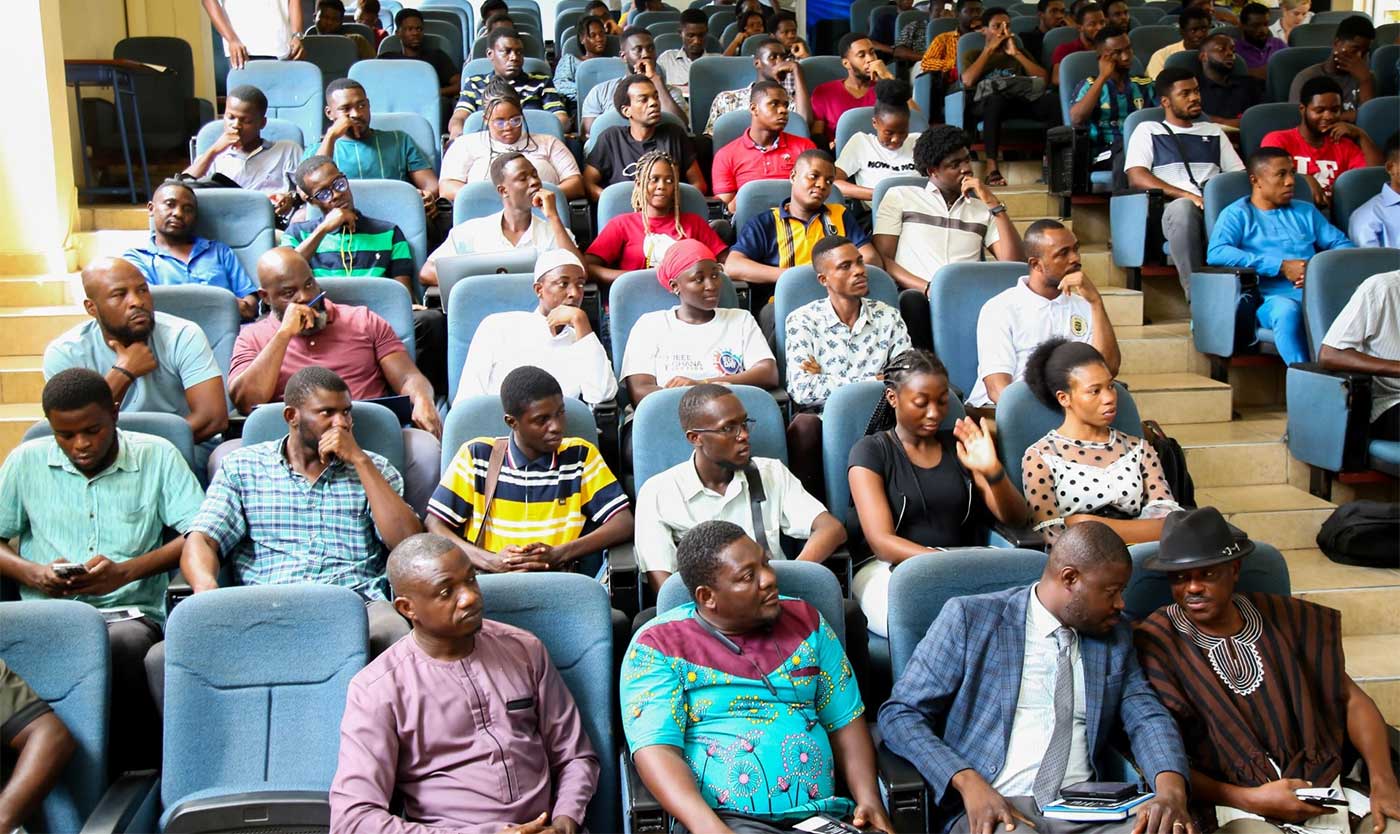
Mr. Stephen Seshie, a resource person from the Cyber Security Authority, discussed the Authority’s role in regulating cybersecurity and developing Ghana’s technological ecosystem, emphasizing the importance of addressing emerging cyber risks posed by AI, cloud technology, and 5G technologies in the 4th and 5th Industrial Revolution.
Earlier in his welcome address the Dean of the Faculty of Computing and Information Systems (FoCIS), Dr. Brown-Acquaye, expressed gratitude for the presence of all the attendees. Emphasizing the significance of the topic, he highlighted the University’s role as a leader in cybersecurity discussions, given its mandate as the premier Telecommunications University in West Africa.
Dr. Brown-Acquaye encouraged active participation from students and acknowledged the event’s importance as an opportunity for engagement with industry leaders. In his closing remarks, he expressed appreciation to the panelists. He thanked them for their insightful contributions and hoped for continued collaboration, recognizing the partnership’s potential to create new opportunities for students and stakeholders in cybersecurity.


